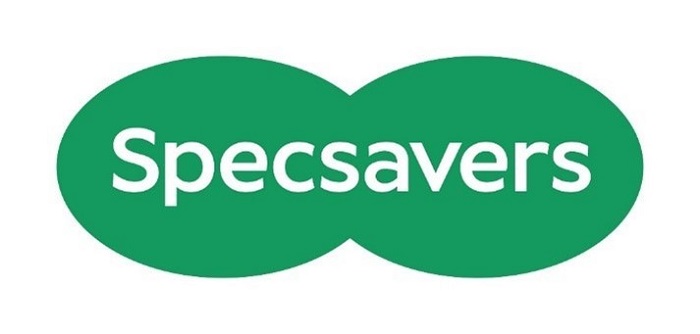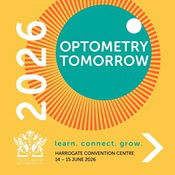audiology
Community audiology’s transformative role in hearing
 Community audiology’s transformative role in hearing
Community audiology’s transformative role in hearing
Britain does not have enough audiologists to meet growing demand for hearing care.
Specsavers is urging the sector to work together to support and extend existing NHS capacity to tackle this and other pressing issues.
Details are shared in a new expert report calling for integrated services to meet need and the development of community hearing services to ease pressure on stretched GPs and hospitals.
‘It’s time to talk about hearing – the 2024 hearing health report – brings together new data and insight to get commissioners, policy makers, service providers and professionals talking about hearing.
The report is also urging politicians to reduce pressure on GPs and other NHS hospital services by making more effective use of capacity and expertise that already exists in community services, to extend NHS care.
The report calls for the introduction of a nationally commissioned primary care audiology service in all communities to supplement NHS hospital services, and improve access to care.
Commissioning ear wax removal by primary care audiologists everywhere is another important reform because the ability to pay should not be a barrier to receiving care. Investment in better IT connectivity to link up primary and secondary ear and hearing care is another important step.
Community-based primary care audiologists can work closely with hospital-based audiologists in secondary care to support more people.
Professor Kevin Munro, Ewing Professor of Audiology, NIHR Manchester Biomedical Research Centre, who believes maintaining the hearing health of adults is a strong social responsibility, has contributed to the report,
‘I believe that people want the right care, to have confidence in the professional and a feeling that they are being listening to and involved in the decisions about how to manage their specific problems. They want to be seen at the right time with flexible appointments and no long waiting times. If these first two things are met, people want to be seen in the right place – and local is more convenient to all of us.’
Britain’s economy would get a £25bn productivity boost with these changes, according to the report, with the government recognising that age-related hearing loss is the third most common reason for people leaving the workforce prematurely. Nationally, 4.4m members of the workforce have hearing loss – and that number is projected to rise with an increase in older Brits in the coming years.
‘Encouraging the use of hearing technology as a means of continuing employment, tackling stigma around the condition, and making hearing care services as accessible as possible, are vital for the nation’s health,’ concludes Gordon Harrison, Chief Audiologist at Specsavers.
To read the full report and hear how you can join the conversation, head to: https://www.specsavers.co.uk/reports/hearing-health-2024























